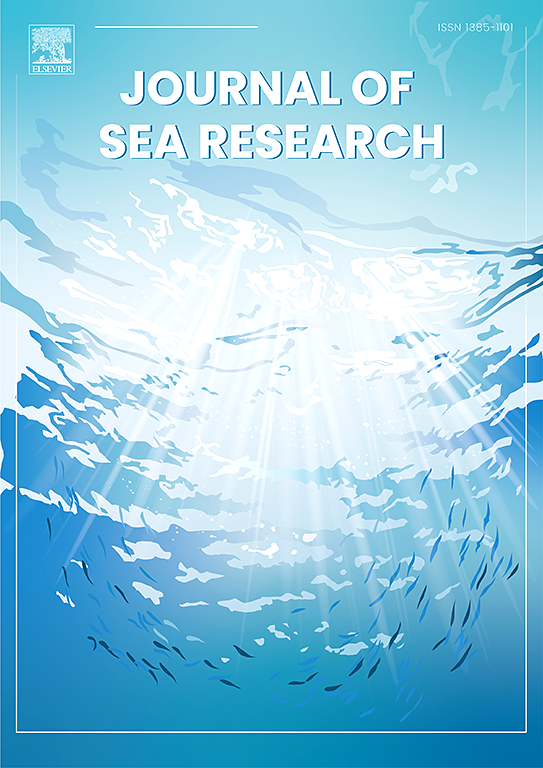Optimization of inspection and transit scheduling for imported refrigerated containers under public health emergencies
IF 2.9
4区 地球科学
Q2 MARINE & FRESHWATER BIOLOGY
引用次数: 0
Abstract
The COVID-19 pandemic has highlighted the urgent need for policy-driven improvements in inspection protocols at international ports, particularly for refrigerated goods, which are vulnerable to virus transmission through external packaging. This study addresses the increased inspection demands during health emergencies, where inspection rates may rise from 10 % to 100 %, requiring a combination of advanced scanning technologies and meticulous manual checks. Such escalated inspection efforts inevitably lead to substantial logistical backlogs, exacerbating port congestion, prolonging dwell times, and increasing the risk of cargo spoilage due to temperature fluctuations. This study introduces a sophisticated scheduling model for container inspection operations, designed to align with current health policy frameworks. The model incorporates specific time windows and temperature controls to mitigate the risks associated with extended storage times. Furthermore, it examines the policy implications of varying the deployment of Automated Guided Vehicles (AGVs) and inspection platforms to optimize throughput and minimize operational delays during crises. Empirical results suggest that prioritizing the expansion of inspection infrastructure, coupled with strategic AGV adjustments, significantly enhances operational efficiency and ensures compliance with health policies during emergencies.
突发公共卫生事件下进口冷藏集装箱检验转运调度优化
2019冠状病毒病大流行突出表明,迫切需要在政策驱动下改进国际港口的检查规程,特别是对冷藏货物的检查规程,因为冷藏货物很容易通过外部包装传播病毒。本研究解决了突发卫生事件中日益增加的检查需求,检查率可能从10%上升到100%,需要先进的扫描技术和细致的人工检查相结合。这种加强检查的努力不可避免地导致大量的物流积压,加剧港口拥堵,延长停留时间,并增加因温度波动而导致货物损坏的风险。本研究为集装箱检查操作引入了一个复杂的调度模型,旨在与当前的卫生政策框架保持一致。该模型结合了特定的时间窗口和温度控制,以减轻与延长储存时间相关的风险。此外,它还研究了自动引导车辆(agv)和检查平台的不同部署对政策的影响,以优化吞吐量并最大限度地减少危机期间的操作延迟。实证结果表明,优先扩大检查基础设施,加上战略性调整AGV,可显着提高操作效率,并确保在紧急情况下遵守卫生政策。
本文章由计算机程序翻译,如有差异,请以英文原文为准。
求助全文
约1分钟内获得全文
求助全文
来源期刊

Journal of Sea Research
地学-海洋学
CiteScore
3.20
自引率
5.00%
发文量
86
审稿时长
6-12 weeks
期刊介绍:
The Journal of Sea Research is an international and multidisciplinary periodical on marine research, with an emphasis on the functioning of marine ecosystems in coastal and shelf seas, including intertidal, estuarine and brackish environments. As several subdisciplines add to this aim, manuscripts are welcome from the fields of marine biology, marine chemistry, marine sedimentology and physical oceanography, provided they add to the understanding of ecosystem processes.
 求助内容:
求助内容: 应助结果提醒方式:
应助结果提醒方式:


